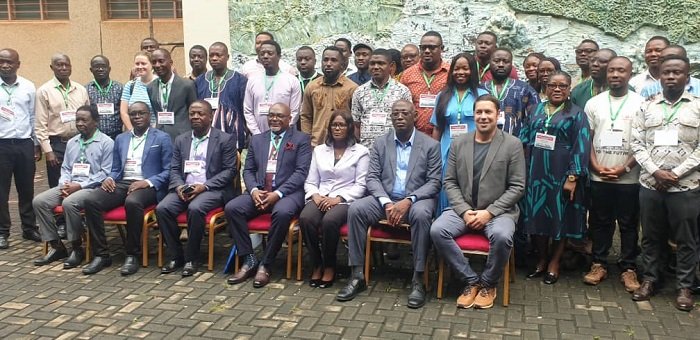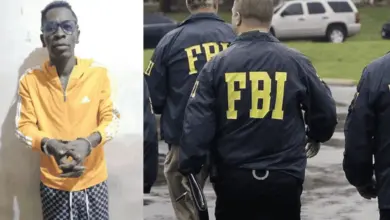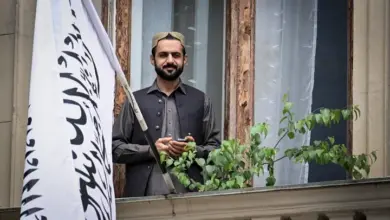Stakeholders discuss dwindling forest resources

Ghana’s commitment to safeguarding its dwindling forest resources was brought to the fore at the Second Threatened Trees Conservation Workshop, held under the auspices of the Forestry Research Institute of Ghana of the Council for Scientific and Industrial Research (CSIR-FORIG).
The event convened a diverse group of international and local experts, conservationists, and policymakers to evaluate progress and chart a sustainable path forward for protecting the country’s threatened tree species.
The workshop followed the inaugural international gathering in October 2022, which led to the development of Ghana’s National Conservation Action Plan.
Funded and spearheaded by the Swiss-based Fondation Franklinia, the plan identifies 39 tree species in Ghana that require urgent conservation action to prevent extinction.
Fondation Franklinia, established in 2005, is renowned for supporting nature conservation projects globally, with a special focus on preserving threatened tree species. Its continued partnership with Ghanaian institutions reflects a shared commitment to reversing forest degradation and restoring biodiversity.
At the opening ceremony of the two-day workshop on Wednesday, Dr Kwame Antwi Oduro, Director of CSIR-FORIG, highlighted the institute’s pivotal role in implementing science-based restoration projects. The workshop, he said, “marks another milestone in Ghana’s journey toward forest resilience.”
He emphasised that CSIR-FORIG had consistently led efforts to rehabilitate degraded landscapes and protect vulnerable tree species.
“Globally, over 60,000 tree species have been documented, and about 8,000 are considered threatened,” Dr Oduro noted. “In Ghana, despite commendable conservation work, our forest resources continue to disappear at an alarming rate due to illegal logging, illegal mining, and agricultural expansion.”
He stressed the ecological importance of Ghana’s forests, which provide habitat for 80 per cent of amphibian species, 75 per cent of bird species, and 65 per cent of mammal species. “Any course of action to protect these vulnerable species and ecosystems should be supported by all and sundry,” he urged.
The Grant Manager of Fondation Franklinia, Dr Olivier Hasinger, praised the dedication of CSIR-FORIG and its partners.
“I’m truly impressed by what has been achieved in Ghana. The country stands out in Africa for its strong civil society and political will to conserve forest trees,” he said.
He reaffirmed the foundation’s commitment to supporting conservation actors in Ghana, especially in identifying mother trees, collecting seeds, and propagating seedlings for reforestation efforts.
Dr James Ampomah, the project coordinator, revealed that four critically endangered tree species have been prioritised for protection.
“We’ve conducted surveys, collected seeds, and raised seedlings for distribution to communities and organisations,” he explained. “We’ve also completed habitat suitability mapping to ensure that planting aligns with ecological conditions.”
He mentioned that the project was working with seven organisations and communities where activities are ongoing at Begoro, Feyiase, Bia Tano, and Atiwa forest.
The Chair of the workshop, Mr Kwamena Quaison of the Ministry of Environment, Science and Technology (MEST), acknowledged the contributions of all stakeholders.
He called for greater openness and intensified efforts to restore Ghana’s forest cover, recognising the urgency of reversing habitat loss.
With continued collaboration between local institutions and global partners, the country is poised to make significant strides in conserving its rich biodiversity for generations to come.
— FROM KINGSLEY E. HOPE, KUMASI
🔗 Follow Ghanaian Times WhatsApp Channel today. https://whatsapp.com/channel/0029VbAjG7g3gvWajUAEX12Q
🌍 Trusted News. Real Stories. Anytime, Anywhere.
✅ Join our WhatsApp Channel now! https://whatsapp.com/channel/0029VbAjG7g3gvWajUAEX12Q





